Keywords: Family Violence
-

AUSTRALIA
In a signature essay published last year in The Monthly, Treasurer Chalmers staked out an ideological terrain he described as ‘values-based capitalism.’ The Budget 2024 is quite the big reveal on what those values include and who they exclude. In it, the people who have borne the brunt of inequality and precarity are neither seen nor heard.
READ MORE
-

AUSTRALIA
- Bill Farrelly, David Halliday
- 30 May 2024
6 Comments
We don’t need more statistics to prove that addiction to alcohol, gambling and illegal drugs plays a huge role in domestic violence. But what about addiction to pornography? Until now, public conversation on this has been minimal. Despite a wealth of research linking pornography consumption with sexual violence, why are we so afraid to discuss this elephant?
READ MORE
-

AUSTRALIA
- Ulrike Marwitz
- 20 May 2024
4 Comments
Domestic violence is not a simple or straightforward issue, and we know that not all cases have the same dynamics or the same causes. Rather than applying one size fits all responses, we need to begin with addressing the diverse underlying causes.
READ MORE
-

AUSTRALIA
- Frank Brennan
- 13 May 2024
2 Comments
The Albanese government’s refugee and asylum policy is in a mess. When Minister Giles introduced his Migration Amendment Bill, they bypassed typical parliamentary procedures, wanting to be seen as tougher than Peter Dutton in getting unvisaed non-citizens out of the country. It’s time for the government to return to due process in this whole field.
READ MORE
-
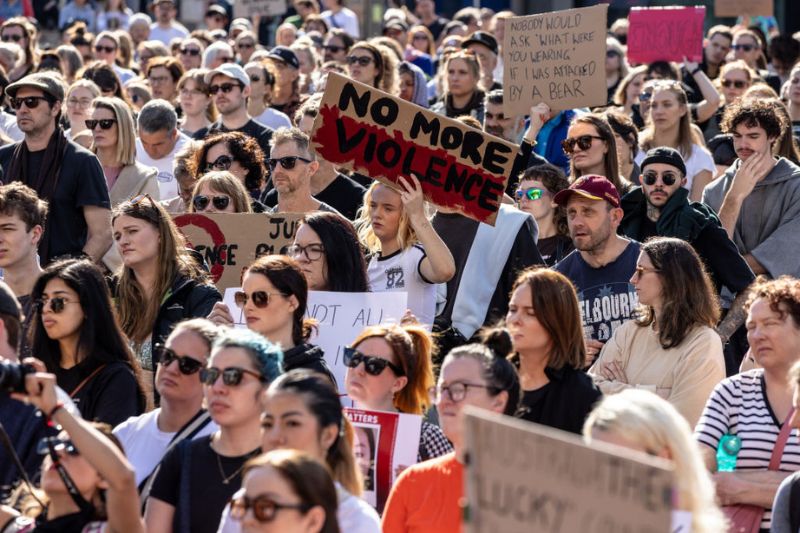
AUSTRALIA
- Warwick McFadyen
- 08 May 2024
4 Comments
'Thoughts and prayers': Is it now a tired, worn-out cliché, its usefulness questionable? It is now used so many times to render its meaning, its core message, void. Sometimes more than words are needed.
READ MORE
-
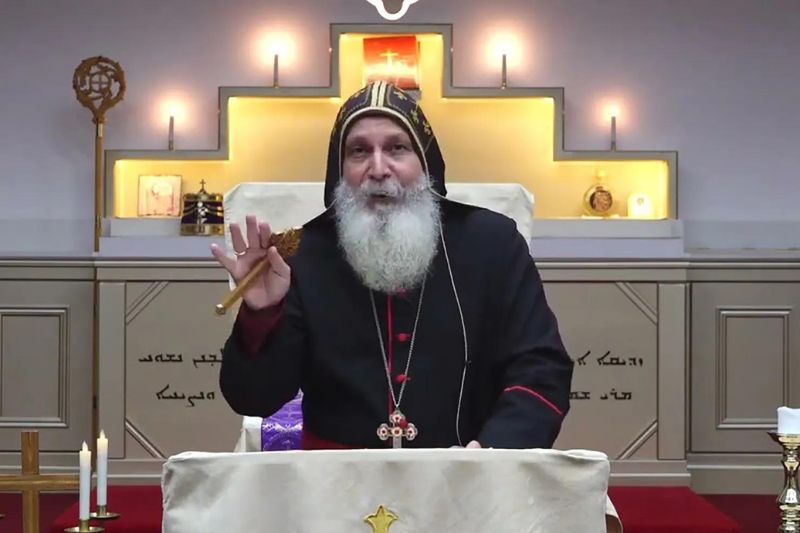
AUSTRALIA
- Andrew Hamilton
- 02 May 2024
7 Comments
To identify children as terrorists is a distraction from considering the broader social and psychological contexts that made this violent ideology seem reasonable. The larger task in investigating how they became exposed to that violent ideology, how they were attracted to it, and how they can be drawn away from it.
READ MORE
-

AUSTRALIA
- Bill Farrelly
- 22 April 2024
6 Comments
It will never be possible to protect the community from a repetition of the horror of April 13. But we can reduce the risk. To begin, we can reassess some of our collective and individual priorities, be more compassionate, less judgemental, more aware of those around us.
READ MORE
-

RELIGION
- David Kirchhoffer
- 18 April 2024
9 Comments
Though there are few surprises in Vatican document 'Dignitas Infinita', this summary of Pope Francis’s moral theology on dignity invites a reevaluation of our shared humanity in the face of an increasingly complex ethical landscape.
READ MORE
-
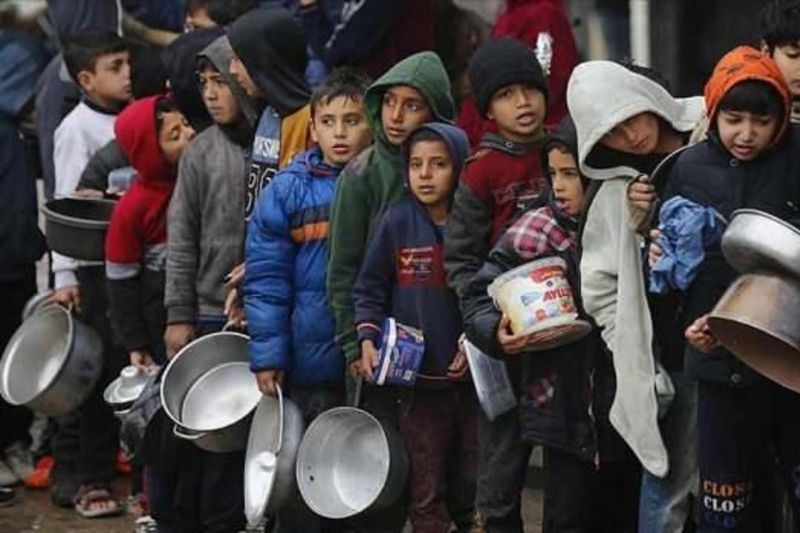
INTERNATIONAL
When a missile strike in Gaza killed seven aid workers, it sparked global outrage and demands for accountability and raised questions around the protection of those who risk everything to provide aid in zones of conflict.
READ MORE
-

INTERNATIONAL
- Andrew Hamilton
- 10 April 2024
5 Comments
Our attitudes to war change drastically when it becomes personal. The killing of Zomi Frankcom, together with other members of the Charity organisation World Central Kitchen, made the war between Israel and Hamas personal. It has led many people to see the destruction of Gaza and its people as not only regrettable but intolerable.
READ MORE
-
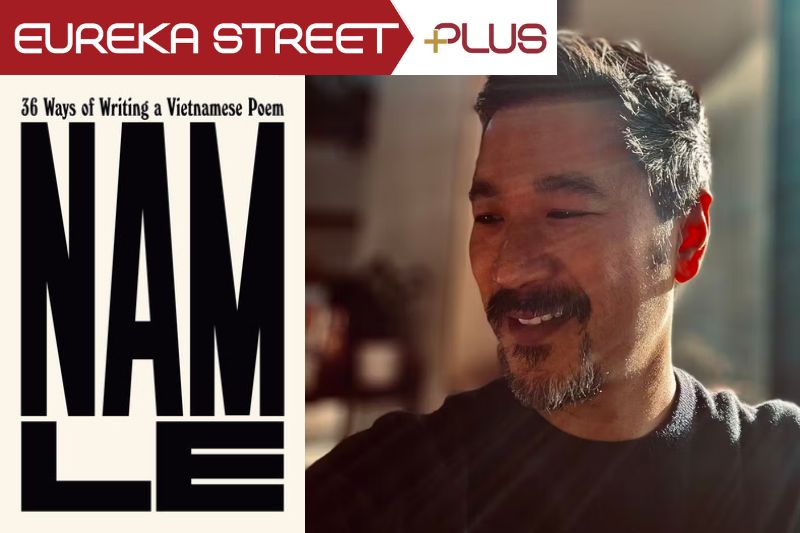
ARTS AND CULTURE
- Peter Craven
- 05 April 2024
1 Comment
Nam Le is one of the strangest writers in the history of Australian literature and is also one of the most incandescently brilliant — which is very weird if you bear in mind that his primary claim to legendary status is a book of short fiction published in 2008. With 36 Ways of Writing a Vietnamese Poem, Le returns with a new work that encapsulates the brilliance and complexity that fans and critics have come to expect.
READ MORE 
-
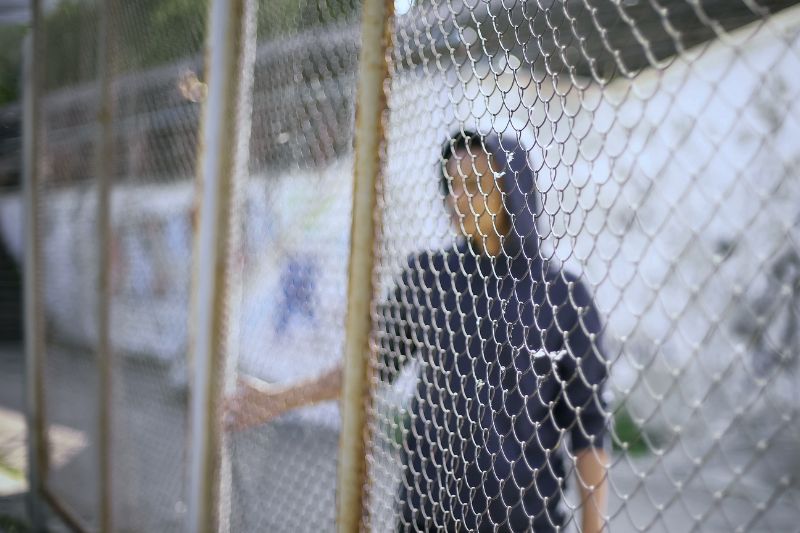
AUSTRALIA
- Andrew Hamilton
- 28 March 2024
2 Comments
As a response to a wave of youth crime, some State Governments and Federal politicians have committed to policies that neglect the human reality of the young people concerned. This will likely have negative consequences both for those immediately affected and for society at large.
READ MORE